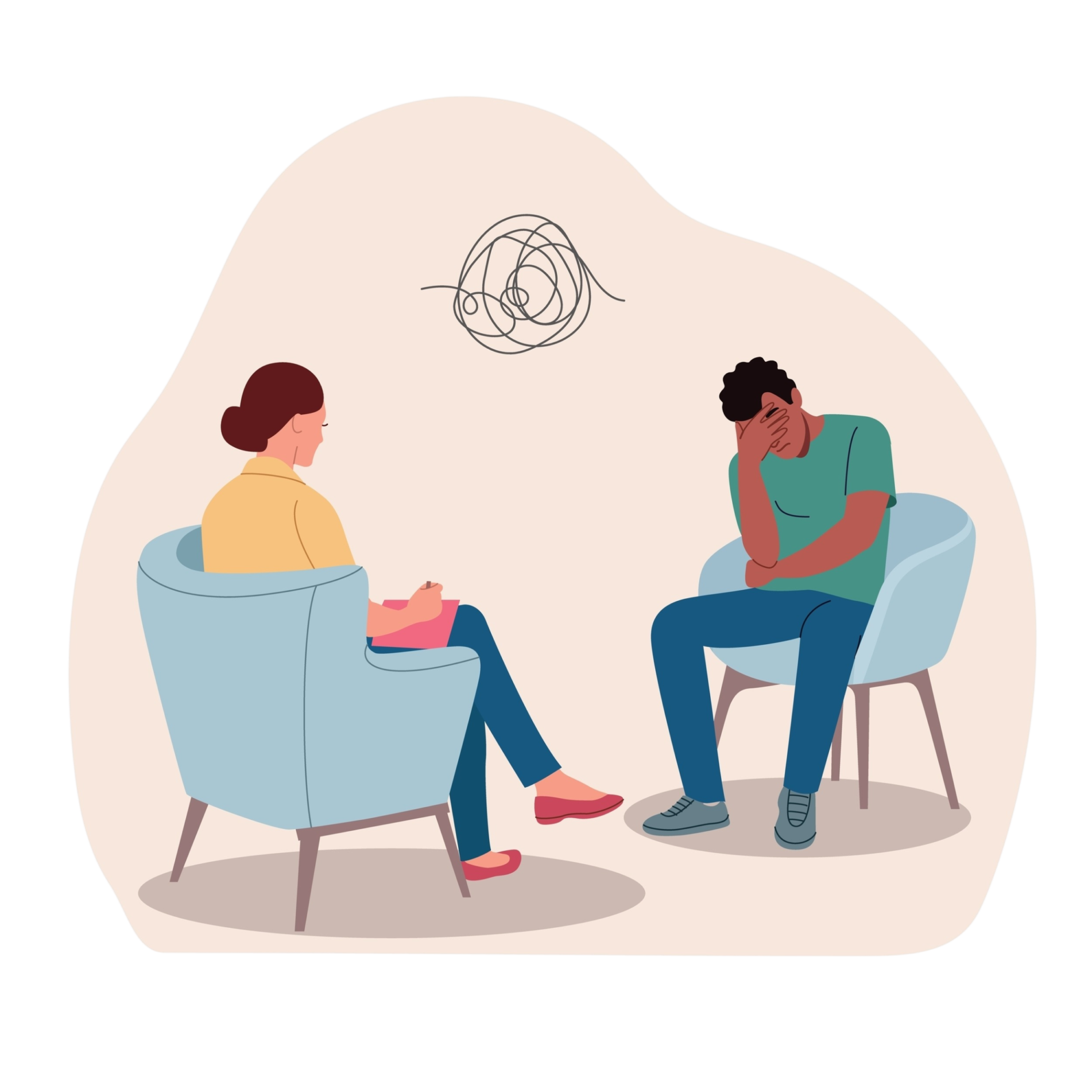
Clinical Psychology
Providing clinical psychologist and students with the latest peer-reviewed research, expert insights, and evidence-based practices in mental health, psychology, and psychotherapy.

Providing clinical psychologist and students with the latest peer-reviewed research, expert insights, and evidence-based practices in mental health, psychology, and psychotherapy.